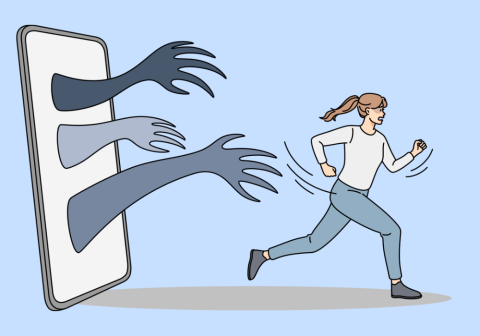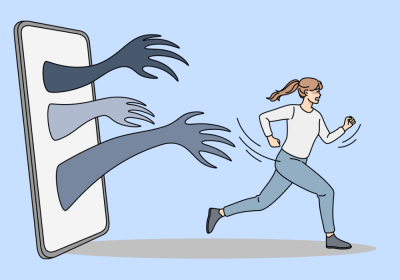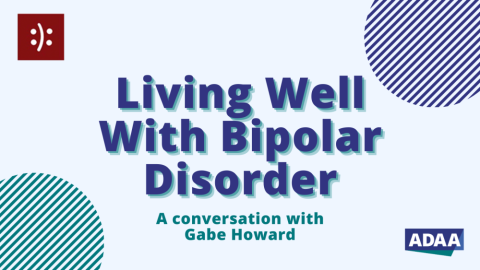
Tanja Jovanovic, PhD, is a Professor in the Department of Psychiatry and Behavioral Neurosciences and the David and Patricia Barron Chair for PTSD Neurobiology at Wayne State University. From 2015 to 2018, Dr. Jovanovic was the Director of the Grady Trauma Project in Atlanta, Georgia. Dr. Jovanovic’s research program focuses on the interaction of traumatic experiences, neurophysiology, neuroendocrinology, and genetics in stress-related disorders in adults and children in high-risk populations. Her research employs psychophysiological (e.g. fear-potentiated startle, skin conductance response, heart-rate variability) and brain imaging methods to investigate biomarkers of risk for trauma-related psychopathology, such as post-traumatic stress disorder (PTSD). Her laboratory developed novel human fear conditioning, fear inhibition, and extinction paradigms for PTSD patients. Dr. Jovanovic is the lead investigator on several federally funded grants from the National Institutes of Health and has an Independent Investigator Award from the Brain and Behaviour Research Foundation. She has published over 100 peer-reviewed papers and served on national and international grant review panels.
Dr. Jovanovic, a member since 2009, is the Treasurer for the ADAA Board and a member of the ADAA PTSD and Genetics and Neuroscience Special Interest Groups.
Why I am an ADAA member
I have considered ADAA my “home” organization since I first started coming as a postdoctoral fellow. I received a travel award from ADAA in 2009 and have been very active in the meeting ever since. In fact, I had the privilege of co-chairing the program in 2015. This is the conference where I learn about the new approaches to treatment and research related to anxiety and depression from world-renowned experts, meet with my colleagues, and bring my trainees to learn and network with leaders in the field. In fact, ADAA is exceptionally “trainee-friendly”: the relatively small size and high quality of the meeting makes it easy for newcomers to become integrated. Further, there is much attention paid to career development and mentorship; as a mentor in the Career Development Leadership Program I have had an opportunity to follow career trajectories of very outstanding fellows who will be the future of ADAA.
What I value bout the ADAA mission and how it’s a fit with my work
My expertise is in the neurobiology of PTSD; in my research I use translational psychophysiological measurements in combat and civilian trauma survivors to identify biomarkers of symptom severity. My primary training is in research, but I have used my methods to complement assessment of treatment outcomes in clinical trials for PTSD. I believe that the cross-talk between researchers and clinicians must be cultivated in order to achieve the best progress in treating patients with anxiety and depression. ADAA is the ideal place for clinicians and researchers to foster collaborations that will move the field forward.
What is most exciting and interesting about my workplace
I work as a researcher in a medical school—as such most of my time is devoted to understanding the relationship between the brain and mental illness. What I like most about my job is that I can ask basic science questions, such as “how does the brain process fear and anxiety”, and see how they can be applied to treat patients with anxiety and fear-related disorders. Although research can often be challenging, it is very rewarding to see how new discoveries can be used to help people.















